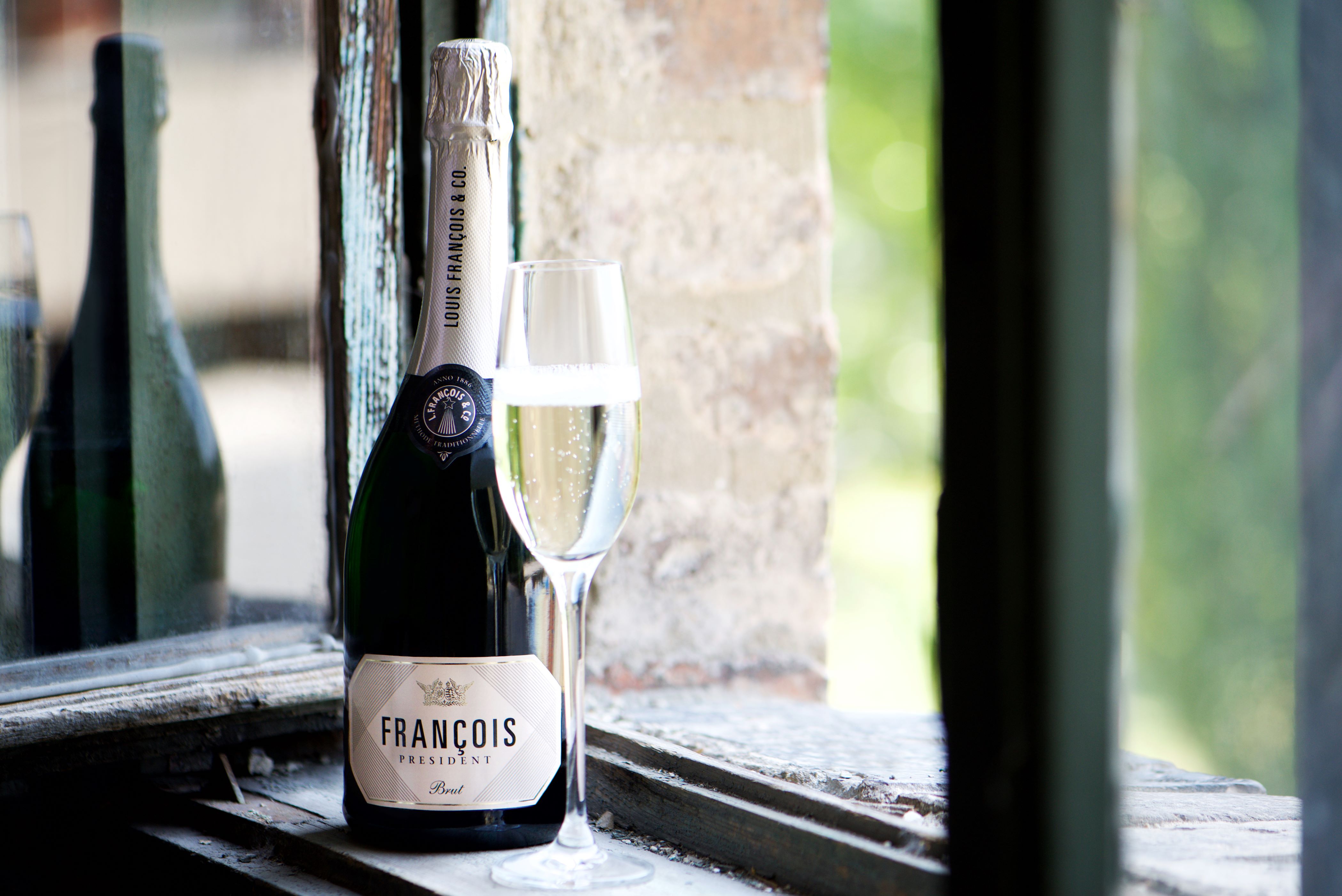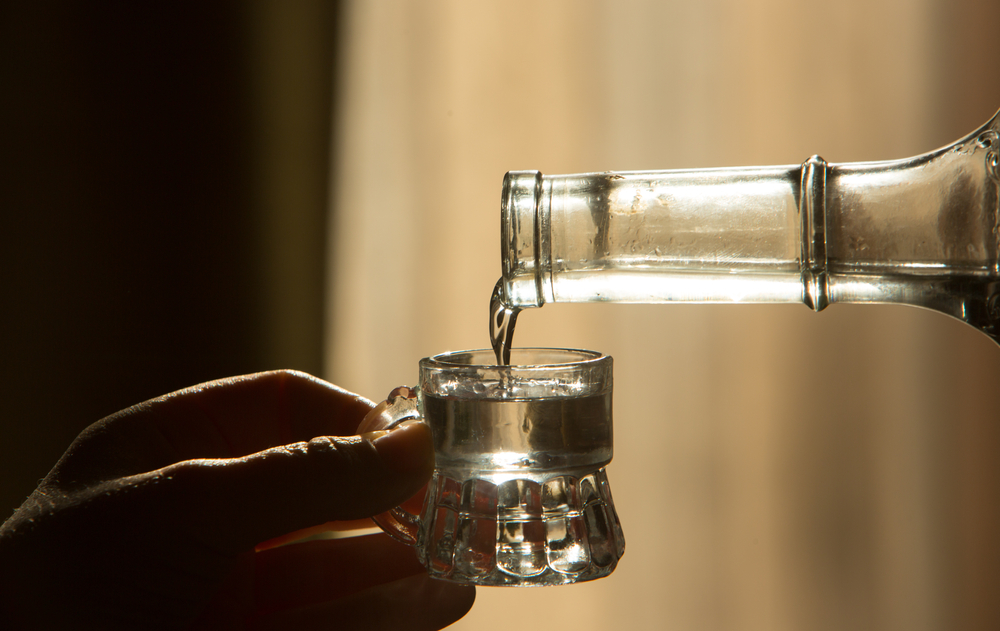Dry January: Is it Really Good for You?

Photo by On The Run Photo / Shutterstock.com
It seems wrong to knock Dry January, given that it’s all about stopping boozing and, as the Alcohol Change charity puts it, getting “your fun back… your energy back... your calm back.” But I’m not convinced it’s such a good thing.
If you’ve decided to try Dry January, you’re in the growing percentage of people who now do so. A poll of 2,200 U.S .adults conducted in early January 2021 by data intelligence company Morning Consult revealed that 13% of them were taking part, compared to 11% previously:
• 79% did so to become healthier.
• 72% simply wanted to drink less alcohol.
• 63% wanted to “reset” their drinking.
• 49% admitted they were drinking too much because of COVID.
Back in my drinking days, although I used to stop drinking for that one hellish month, Dry January wasn’t a thing. As a pseudo-event, it officially came into being in 2014 when the name was registered as a trademark by the U.K. charity Alcohol Concern. The rise in popularity of Dry January also reflects a growing trend toward abstaining from booze, even if only for a short period.
It seems that the growth in teetotalism or moderation is being driven by the young. An article on The Conversation website claims that research into the drinking habits of young Swedes shows “a decline across all types of consumption, from the heaviest to the lightest drinkers. Similarly, rates of binge drinking have gone down and people defining themselves as non-drinkers has increased.”
Social Drinking?
The Conversation article also suggests that the omnipresence of social media in our lives could be aiding the rise in non-drinking. Dominic Conroy, the author, suggests that because young people meet on TikChat or SnapTok or whatever, the “once central role of pubs and clubs for initiating and consolidating social networks appears to have changed.”
This argument does not convince me. During lockdown in 2020, a group of young Hungarian male friends of mine, who would usually hit the bar on a Friday night to play pool and get hammered, met online to drink instead. They can’t have been the only people doing this.
I would suggest that, if Conroy is correct, the rise of respect for alcohol has much more to do with the way images on social media shape our online “personal brand.”
We all want to look bright-eyed and bushy-tailed online. Not gurning at the camera with our eyes going in two different directions, swapping spit with some horror, or sprawled on the pavement with our unmentionables showing.
Alkoholmentes Hungary
The trend towards living an alcohol-free life – temporary or otherwise – is also growing in Hungary. Back in 2019, this publication reported that “Demand in Hungary for low-alcohol and non-alcoholic beer is on the rise, in line with the global trend.”
Today, there are plenty of non-alcoholic options for Hungarians taking part in Dry January. All the major breweries do a 0.0% beer as well as a range of combo fizzy fruit n’ beer-flavored drinks I’ve never seen anywhere else in the world. While I wouldn’t want to drink either for any length of time, unless I was conducting research into Hungarian bar restrooms, they’re perfectly quaffable.
At New Year’s, when a glass of champagne is mandatory in our house, along with lucky frankfurters and lentils, I sipped a non-alcoholic sparkling wine made by Törley that wasn’t bad at all. I’m glad I chose this one rather than Kölyök, a sparkling wine made by Törley for kids that its website describes as “puppy drinks enclosed in a champagne bottle.”
As for Hungarian non-alcoholic wine, I began by asking my colleague Robert Smyth, the BBJ’s wine correspondent, if there was such a thing. He told me, “Of all the many wineries I’ve visited in Hungary, nobody has ever shown me an alcohol-free wine. While alcohol-free wine is gaining traction in some countries, the local market is not ready for it, I think. I also believe that alcohol is a key component of a wine’s structure.”
The extensive research for this article included hunting for non-alcoholic Hungarian wine in the finest of wine shops, and it appeared that, as I expected, Robert was right. But I did find the alkoholmentes.hu website, which offers “Light Live” Hungarian red, rosé and white wine.
Apparently, the alcohol is removed from the wine “by a special vacuum process, when the wine is heated to 28˚C in an airtight environment.” Although alkoholmentes.hu claims its wine retains the flavor of wine, I’ve yet to quaff and confirm.
When it comes to non-alcoholic spirits available in Hungary, I’ve only been able to find something called Fluère, supposedly an ersatz gin. I couldn’t tell from the taste. The problem for me with Fluère is that it doesn’t taste so great neat and, unless I use half the bottle, a long, tall drink made with it doesn’t taste of anything. When you consider that it costs not much less than a bottle of gin-gin, that’s a bit of a waste.
As for mocktails, forget them. You might as well drink banana or chocolate milk garnished with pineapple segments through a straw while burning money.
Ultimately, I’d say that substitutes for alcohol are a waste of time and money and maintain the ritual aspect of boozing, which is part of the problem. If you are really doing Dry January, stop drinking pretend booze and wear yourself out getting fit instead. In my experience, the only way to stay off the alcohol is to form a habit that won’t destroy your health, dignity and maybe your life.
This article was first published in the Budapest Business Journal print issue of January 14, 2022.
SUPPORT THE BUDAPEST BUSINESS JOURNAL
Producing journalism that is worthy of the name is a costly business. For 27 years, the publishers, editors and reporters of the Budapest Business Journal have striven to bring you business news that works, information that you can trust, that is factual, accurate and presented without fear or favor.
Newspaper organizations across the globe have struggled to find a business model that allows them to continue to excel, without compromising their ability to perform. Most recently, some have experimented with the idea of involving their most important stakeholders, their readers.
We would like to offer that same opportunity to our readers. We would like to invite you to help us deliver the quality business journalism you require. Hit our Support the BBJ button and you can choose the how much and how often you send us your contributions.







